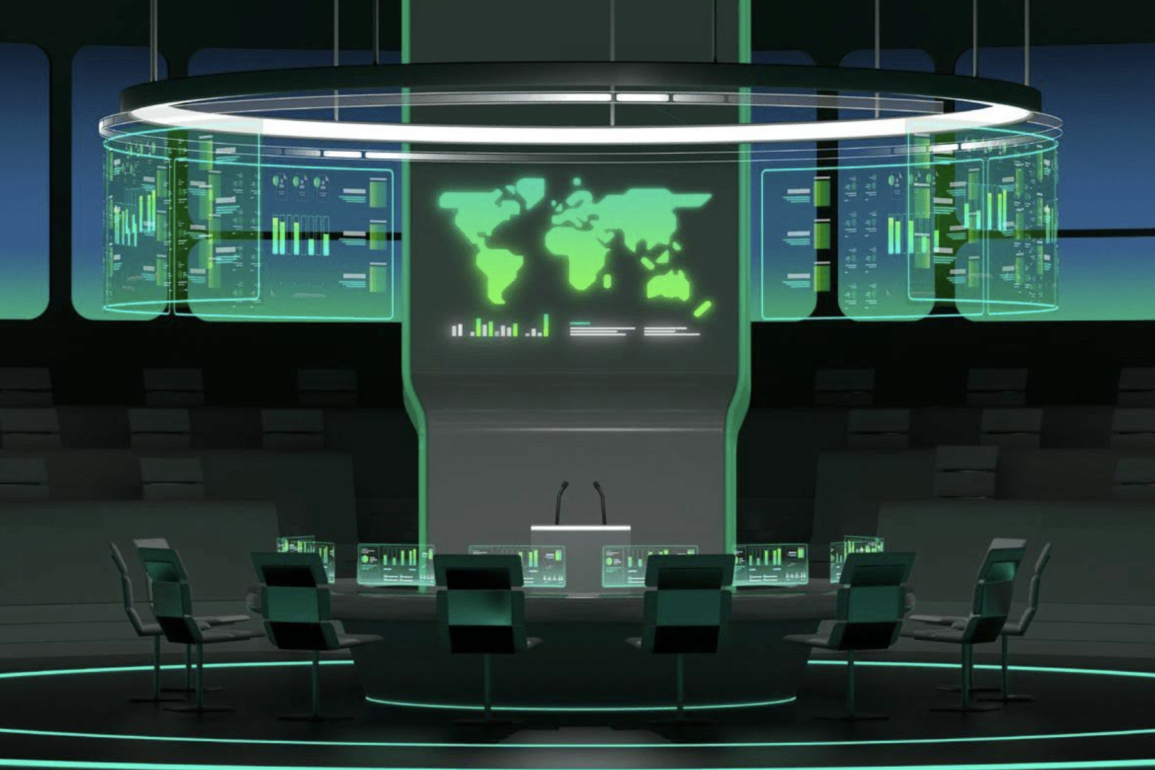A recent global survey by cybersecurity firm Kaspersky reveals that while most professionals are generally satisfied with their current cybersecurity measures, a significant number see room for improvement, with one in four calling for major upgrades.
The study, titled “Improving resilience: cybersecurity through system immunity,” polled 850 IT professionals responsible for cybersecurity in large organizations across Europe, the Americas, Asia-Pacific, Russia, and the Middle East, Turkiye, and Africa (META) region—including Saudi Arabia, the United Arab Emirates, Turkey, Egypt, and South Africa. The respondents represented diverse industries and organizational levels, providing a broad perspective on current security challenges.
The survey found that 94% of experts in the META region expressed satisfaction with their cybersecurity protections, yet 64% acknowledged that there are “a few” or “some” areas needing enhancement. Meanwhile, 35% advocated for substantial upgrades. Only 6% reported dissatisfaction with existing cybersecurity measures.
Respondents cited several weak points in their systems. The most common concerns included time-consuming manual processes (31%), reactive rather than proactive threat detection (28%), and a shortage of skilled cybersecurity personnel (28%). These issues contribute to increased operational burdens and delays in identifying and mitigating threats, undermining organizations’ ability to prevent breaches.
Additional vulnerabilities highlighted by META respondents included high risks of systemic collapse following breaches (24%), overly complex IT and OT environments (22%), outdated threat intelligence (21%), alert fatigue (22%), insufficient functionality of current solutions (19%), complexity in managing multiple disparate security tools (19%), and poor control over security policy implementation (19%). Fragmented security solutions exacerbate risks by creating coverage gaps and misconfigurations, hampering rapid response and effective defense.
The findings underscore the urgent demand for streamlined, intelligent security tools capable of addressing these vulnerabilities efficiently.
Kaspersky points to an industry shift toward building secure-by-design systems that embed resilience at the architectural level. Such approaches aim to protect core assets intrinsically, even in the event of compromise, often without requiring additional cybersecurity spending.
“More and more organisations are beginning to understand that modern challenges require not just strong protection but also a proactive and cohesive security strategy that strengthens every aspect of their digital landscape against potential breaches,” said Alexander Kostyuchenko, Head of Technology Solutions Product Line at Kaspersky. “That’s why it is essential for companies to adopt a transformative approach, integrating advanced threat intelligence and streamlined processes, and applying reliable, all-encompassing solutions to protect their assets while ensuring operational continuity and building customer trust.”
Kaspersky recommends that organizations adopt centralized and automated solutions such as its Next XDR Expert platform, which uses machine learning to aggregate and correlate threat data for faster detection and automated response.
They also urge providing information security teams with comprehensive threat intelligence to enable timely identification of risks. Furthermore, developing secure-by-design products based on KasperskyOS can ensure intrinsic protection at the code and architecture levels, allowing devices to maintain critical functions even in hostile environments without additional cybersecurity measures.




